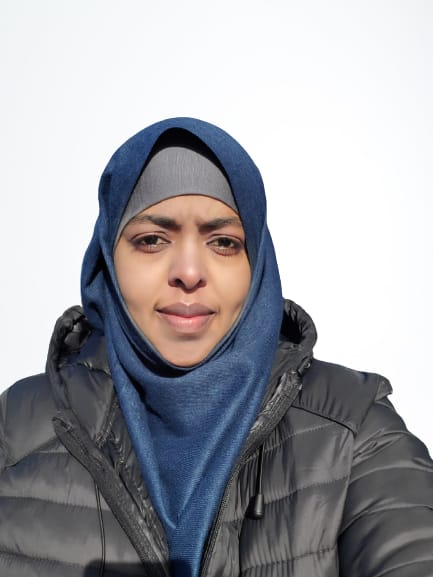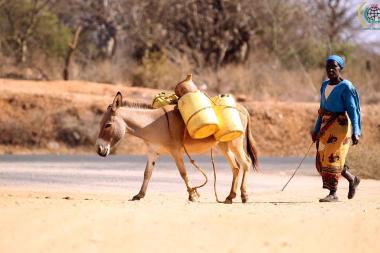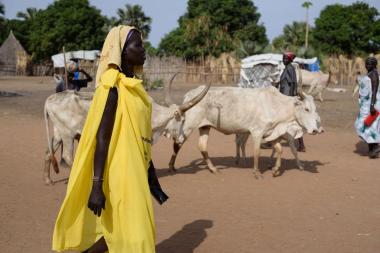News
Advancing research on pastoral livelihoods in the face of environmental shocks
SPARC and the Jameel Observatory for Food Security Early Action welcome two post-doctoral fellows working on pastoralism in drought-affected countries in East Africa.
The Supporting Pastoralism and Agriculture in Recurrent and Protracted Crises Programme (SPARC) and the Jameel Observatory for Food Security Early Action are joining together to support research by two post-doctoral fellows working on pastoralism in drought-affected countries in East Africa.
Based at the International Livestock Research Institute in Nairobi, they will work on shared high priority issues for dryland areas.
“This Observatory-SPARC alliance is borne of the fact that we share a common aim to support impactful research and learning about the state of pastoralism in the drylands leading to better wellbeing among pastoral communities” – Mark Redwood, SPARC programme lead.
“Far from seeing pastoralism as a dated or problematic livelihood, we believe it is of fundamental importance to the region, economically, socially and for the good stewardship of dryland ecosystems” – Guyo Malicha Roba, Head of the Jameel Observatory for Food Security Early Action.

Tahira Mohamed’s research focuses on the nexus between short-term humanitarian response and long-term resilience programming in East Africa's pastoral settings and the possible lessons we could draw for food security early action. She will examine the disconnects between emergency responses via humanitarian support and the development agenda of building resilience, with the aim to evaluate pathways and mechanisms to strengthen the coherence between short-term relief and long-term resilience programming and shaping the future of resilience/humanitarian programming in pastoral areas. More on her work.

Samuel Derbyshire’s research focuses on the socio-economic indicators used within drought early warning systems to trigger anticipatory action. He will explore the changing ways in which such triggers have been conceptualised, applied and evaluated over the past few decades, the gaps in trigger applications, their shifting roles within broader frameworks and the linkages between their design and wider processes of planning and implementation. He will also lead research in northern Kenya examining possibilities for a more participatory, community-oriented approach to the forecasting and mitigation of drought and better targeted anticipatory actions. More on his work.
For more information about the Jameel Observatory, please visit: jameelobservatory.org
For more information on the SPARC Programme, please visit: sparc-knowledge.org
For more information on ILRI’s work in this area, please visit: ilri.org/research/programs/sustainable-livestock-systems


